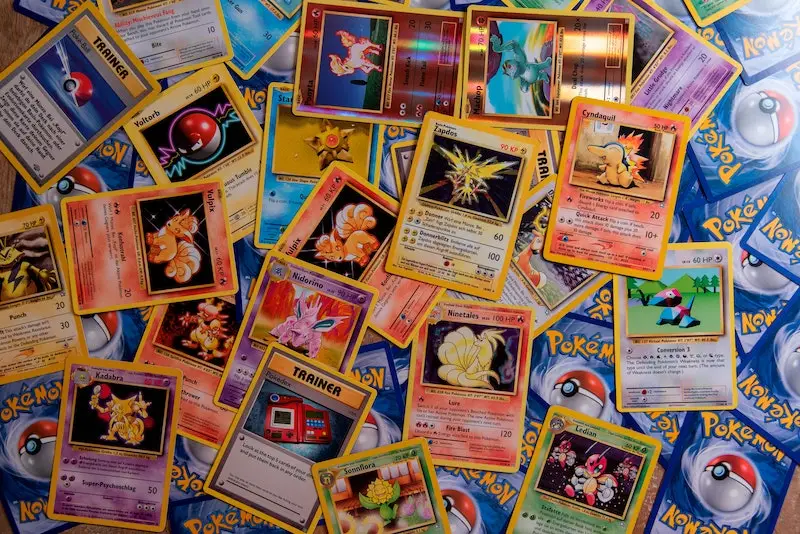
A New Breed of Collectibles
Non-Fungible Tokens (NFTs) are a new breed of collectibles built on blockchain technology. Since they are unique and not able to be duplicated, they can be used in games as a digital asset you can buy, sell or trade with others. If you’re into online gaming, then it’s worth taking a closer look at what these digital assets are all about. They could turn out to be one of your favorite investments!
Physical tokens representing digital assets, known as Non-Fungible Tokens (NFTs), are becoming more popular in online gaming. In short, each token created by CryptoKitties is unique. There are multiple copies of any other cat. Because of their uniqueness, these tokens command a higher price than fungible tokens would — so there’s potential for real returns on investment.
Selling Your NFTs
If you have a set of non-fungible tokens and are looking to get rid of them, you’ll have to find a buyer. Start with crypto enthusiasts on Twitter or Reddit. You might also be able to connect with someone who can help spread word about your NFT. If all else fails, hit up some communities around game development—they’re more likely to understand than others (and probably want some cool NFTs for their own projects). Many developers create searchable listings of all their tokens on a site like OpenSea, so don’t forget to check there as well!
Instead of accepting money upfront, let your customers pay what they feel your service or product is worth. By setting a fixed amount of time for your pay-what-you-want offering, you might have more takers than when you price your work according to value. Just be sure to define exactly what you mean by pay what you want in advance. Be as specific as possible about pricing tiers so that you can respond quickly if someone tries to cheat their way into a lower tier or pay less than what you think is fair. And finally, make sure that a copy of whatever’s being sold comes with each purchase—that way there’s no confusion over whether buyers will receive their receipt at some point after completing their transaction.